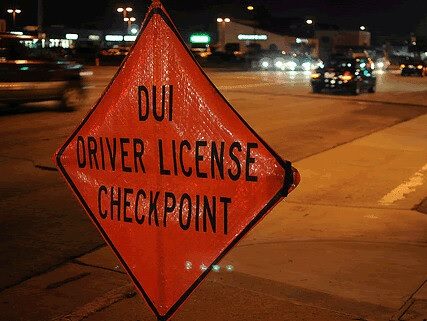The criminal justice system has many players, each with specific roles. The prosecutor’s goal is to enforce the laws by convicting offenders and ensuring they are sentenced to certain penalties. The judge is supposed to serve as a neutral decision-maker. The defense attorney is the individual who protects the rights of the defendant.
Under United States law, all defendants have important rights, including:
- The right against unreasonable searches and seizures
- The right to remain silent
- The right to reasonable bail
- The right against double jeopardy
- The right to a speedy trial
- The right to a jury trial (in most cases)
- The right to examine witnesses
- The right against cruel and unusual punishment
- The right to the presumption of innocence until proven guilty
One of a defendant’s most important rights is that too legal representation under the Sixth Amendment. The law does not require a defense attorney, but neither police nor prosecutors may deny representation to any defendant who chooses to invoke this right. If a defendant cannot afford to pay for a private attorney, the government must provide a public defender.

Role of a Criminal Defense Attorney
Defense attorneys serve many purposes and can often greatly improve the outcome of a case. They work to ensure that courts do not wrongfully convict defendants or impose excessive sentences for convictions. However, an attorney does a lot before the case ends.
A defense attorney will work to protect your rights throughout a case by:
- Being present during police interviews and interrogations
- Arguing in court to reduce your bail to a fair amount
- Advising you about your options of how to plead and the implications of a guilty plea
- Interviewing witnesses and gathering evidence regarding the allegations
- Closely examining the circumstances of any searches by police and of your arrest to identify any Fourth Amendment violations
- Examining the results of any chemical tests (common in DUI and drug-related cases) and ensuring the police or forensic lab technicians did not make any errors
- Determining which legal defenses may apply in your case
- Representing you at all scheduled court hearings
- Discussing the possibility of a plea bargain with the prosecutor, which may involve agreeing to plead guilty to lesser charges or to receive a lesser sentence
- Helping you decide whether to plead guilty or take your case to trial
- Representing you at a jury trial
- If you are convicted, representing you at sentencing and arguing for a fair sentence
